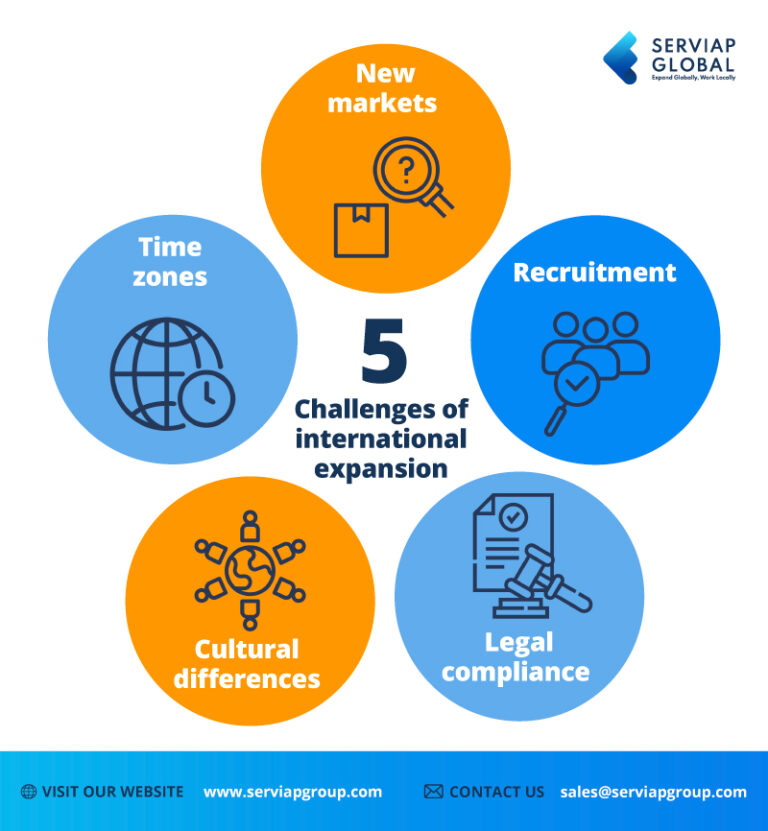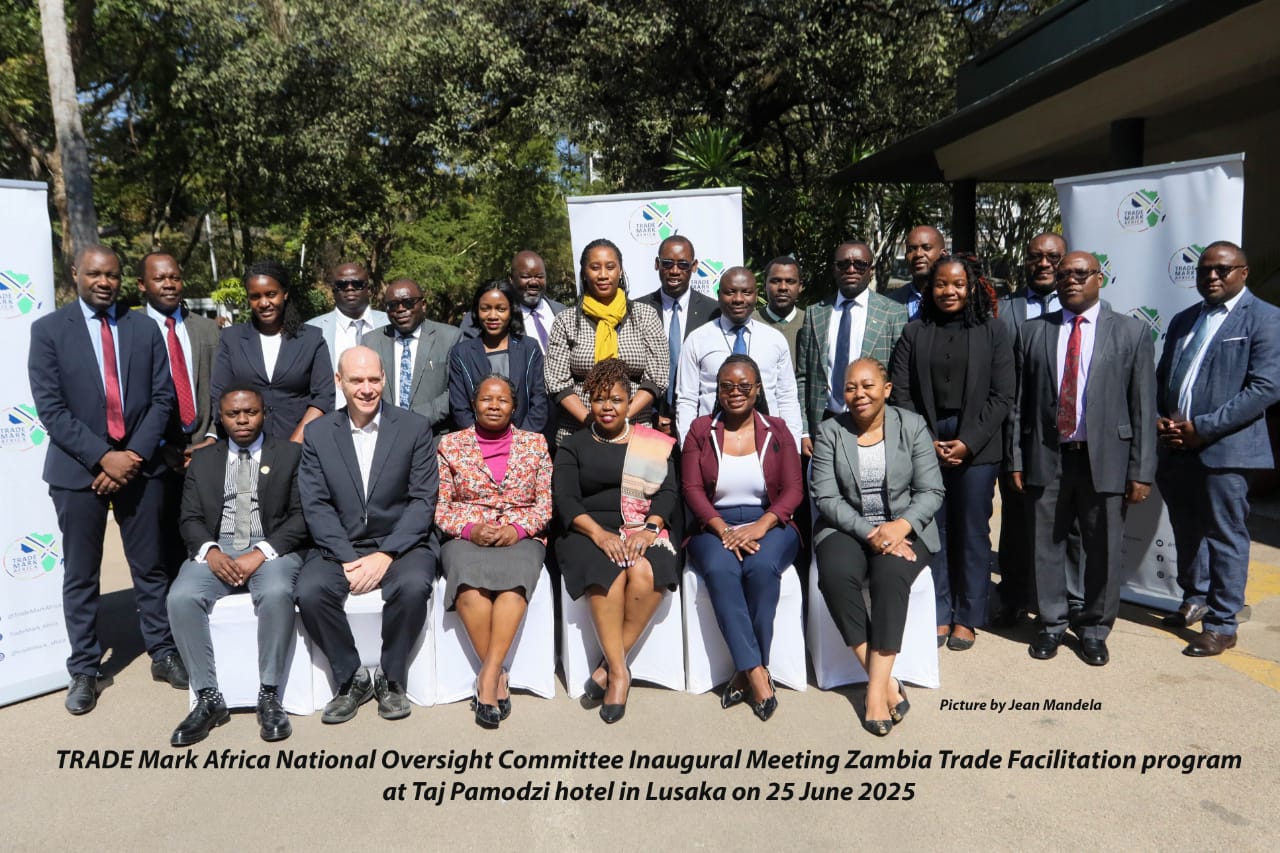Introduction to Global Expansion
Expanding a business beyond local borders presents tremendous opportunities but also significant challenges. Global expansion requires strategic planning, cultural sensitivity, and an agile mindset. Companies that successfully navigate these complexities unlock new revenue streams and enhance their competitive edge. In this article, we explore six proven tips that can help businesses accelerate their success in international markets.
1. Conduct Thorough Market Research
Before embarking on global expansion, it is crucial to deeply understand the target market. This includes analyzing customer preferences, competitor landscape, economic conditions, and regulatory frameworks. Detailed market research minimizes risks and guides tailored marketing strategies. Businesses should invest in local expertise and consider partnering with regional firms to gain valuable insights.
2. Understand and Adapt to Cultural Differences
Cultural nuances can significantly impact business success in foreign markets. Embracing cultural diversity and adapting products or services accordingly can build trust and foster strong customer relationships. For example, packaging, branding, and communication styles may need adjustment to resonate locally. Respecting cultural norms and holidays also helps businesses integrate smoothly.
3. Build a Robust International Network
Networking plays a key role in successful global expansion. Building relationships with local suppliers, distributors, and industry peers opens doors to collaboration and resource sharing. Attending international trade shows and joining chambers of commerce can increase visibility and credibility. Strong networks also facilitate problem-solving and innovation when facing new market challenges.
4. Leverage Digital Technologies for Market Entry
Digital tools enable businesses to scale quickly and cost-effectively in global markets. Utilizing e-commerce platforms, digital marketing, and customer analytics can enhance market penetration. Many companies leverage social media and localized websites to engage audiences authentically. Digital transformation is often a critical enabler for sustainable global expansion.
5. Comply with Local Regulations and Standards
Adhering to local laws and industry standards is essential for long-term success. Regulatory compliance includes product certifications, tax obligations, import/export restrictions, and labor laws. Ignorance or negligence in this area can lead to fines, reputational damage, or operational shutdowns. Consulting with legal experts and staying updated on regulatory changes is highly recommended.
6. Build Diverse and Localized Teams
One of the most critical factors for successful global expansion is assembling teams that reflect the diversity and uniqueness of the target markets. Hiring local talent brings invaluable insights into customer preferences, business customs, and regulatory environments that foreign executives might overlook. Local employees can bridge cultural gaps, enhance communication with customers and partners, and help tailor products or services to better fit regional needs.
Furthermore, fostering a diverse workforce encourages creativity and innovation, as different perspectives converge to solve complex challenges. Companies should prioritize inclusive recruitment strategies, invest in continuous training, and empower their teams to take initiative and ownership. Equipping local teams with the right tools, clear objectives, and alignment with the company’s global mission creates a strong foundation for sustained growth. Additionally, understanding labor laws, employment practices, and local work cultures helps avoid compliance risks and builds a positive employer brand in new markets. By embedding local expertise within their organizational fabric, businesses pursuing global expansion position themselves to navigate complexities effectively and capitalize on emerging opportunities.
7. Plan for Scalable Operations and Supply Chains
Scalability is a cornerstone of successful global expansion. Businesses need to build flexible supply chains and operational frameworks that can adapt to changes in demand and regional market specifics. Incorporating technology such as inventory management systems, demand forecasting tools, and automated logistics can optimize efficiency. Moreover, forging strategic partnerships with reliable local suppliers reduces risks and enhances responsiveness.
8. Prioritize Customer Experience Across Borders
A consistent, high-quality customer experience is critical when entering international markets. Understanding and respecting local preferences, cultural nuances, and expectations help build brand loyalty. Offering multilingual support, multiple payment options, and localized after-sales service ensures customer satisfaction and positive reputation, vital for sustaining global expansion efforts.
9. Monitor and Measure Performance Regularly
Tracking progress through key performance indicators (KPIs) such as sales growth, market penetration, customer satisfaction, and operational efficiency allows businesses to assess the success of their global expansion strategies. Regular reviews and data-driven adjustments ensure that efforts remain aligned with objectives, enabling timely course corrections to optimize outcomes.
10. Embrace Continuous Learning and Flexibility
International markets are dynamic and continuously evolving. Companies pursuing global expansion must cultivate adaptability, learning from successes and setbacks alike. Encouraging feedback loops, investing in employee training, and staying open to innovation help businesses stay competitive and responsive to shifting market conditions.
11. Invest in Local Partnerships and Alliances
Forging strategic partnerships with local businesses, government agencies, and industry organizations is a powerful enabler of successful global expansion. These alliances offer valuable market insights, help navigate complex regulatory landscapes, and provide access to established distribution channels. Local partners can assist in tailoring products or services to meet cultural preferences and legal requirements, reducing time-to-market and associated risks. Moreover, collaborative ventures foster trust within the community, enhancing brand reputation and customer loyalty. Businesses should engage in due diligence when selecting partners to ensure alignment in vision, values, and operational standards. Investing in these relationships through transparent communication and mutual benefit sets the stage for sustainable growth and competitive advantage in foreign markets.
12. Manage Currency Risks and Financial Planning
Entering new international markets exposes companies to currency fluctuations and financial uncertainties that can impact profitability. Effective financial planning and risk management are essential components of global expansion. Businesses should employ hedging strategies to mitigate foreign exchange risks, budget for unexpected costs, and maintain liquidity buffers. Collaborating with experienced financial advisors who understand local market dynamics can provide tailored solutions. Additionally, understanding tax implications, transfer pricing rules, and repatriation of profits is crucial for compliant and efficient operations. Sound financial governance enables companies to optimize cash flow, reduce exposure to volatility, and invest confidently in growth initiatives across borders.
13. Leverage Local Marketing and Brand Positioning
Tailoring marketing strategies to resonate with local audiences is pivotal for success in global expansion. Generic, one-size-fits-all campaigns rarely connect meaningfully with diverse customer bases. Instead, businesses should invest in localized market research to understand cultural values, consumer behavior, and preferred communication channels. Utilizing native languages, culturally relevant visuals, and region-specific promotions enhances engagement and trust. Collaborating with local influencers, media outlets, and community groups can amplify brand presence authentically. Furthermore, consistent brand messaging that aligns with global identity yet respects local nuances strengthens recognition and loyalty. A well-executed local marketing approach drives customer acquisition and retention, positioning the company as a trusted market player.
14. Build Resilience Through Scenario Planning
The unpredictable nature of international markets necessitates robust scenario planning as part of any global expansion strategy. Companies must anticipate various potential disruptions such as political instability, supply chain interruptions, regulatory changes, and economic downturns. Developing flexible contingency plans allows organizations to respond swiftly and effectively, minimizing negative impacts. Scenario planning also involves stress-testing business models and operational processes under different conditions to identify vulnerabilities and opportunities. Encouraging cross-functional collaboration and clear communication ensures preparedness at all organizational levels. By embedding resilience into their international growth strategies, businesses not only protect their investments but also gain the agility to capitalize on emerging trends and challenges, ensuring long-term sustainability.
15. Strengthen Your Supply Chain Through Local Integration
To ensure smooth global expansion, integrating local suppliers and logistics partners into your supply chain is essential. This approach not only reduces costs and lead times but also helps in navigating regulatory requirements and local business practices effectively. For example, companies that collaborate with trusted regional suppliers benefit from better quality control, flexibility in production, and faster response to market fluctuations. Integrating local players fosters community goodwill and sustainability, aligning with global environmental and social governance standards. For more insights on building strong business ecosystems, you can explore our detailed article on Entrepreneurship Mauritius: 7 Bold Programs Empowering Women and Youth, which highlights successful partnerships and ecosystem development in Mauritius.
16. Focus on Sustainable and Responsible Growth
Sustainability is no longer optional but a strategic imperative for companies aiming at global expansion. Adopting responsible business practices, from reducing carbon footprints to ensuring fair labor conditions, builds long-term brand equity and meets increasing consumer demand for ethical products and services. Businesses should incorporate sustainability into their core values and operational processes, engage stakeholders transparently, and report on progress regularly. Sustainable growth strategies not only mitigate risks related to environmental and social factors but also open access to green financing and new market segments. By demonstrating a commitment to responsible growth, companies differentiate themselves in competitive global markets and foster loyalty among conscious consumers.
Conclusion
Successful global expansion demands a strategic, well-rounded approach balancing research, cultural awareness, operational excellence, and flexibility. By implementing these six key tips, businesses can navigate international challenges, seize growth opportunities, and build a resilient global presence.
source : SME Mauritius

Video: Tips for successful global expansion





